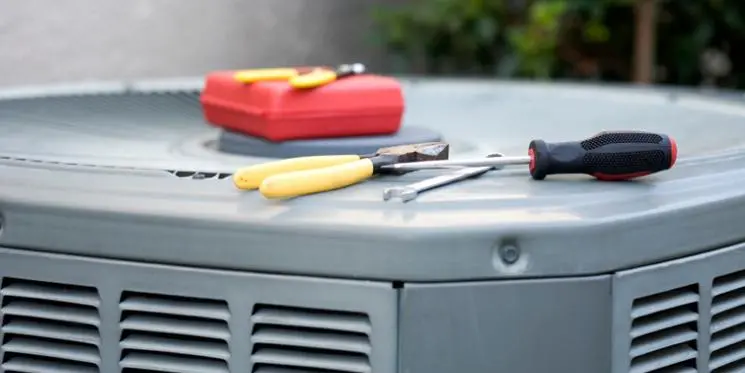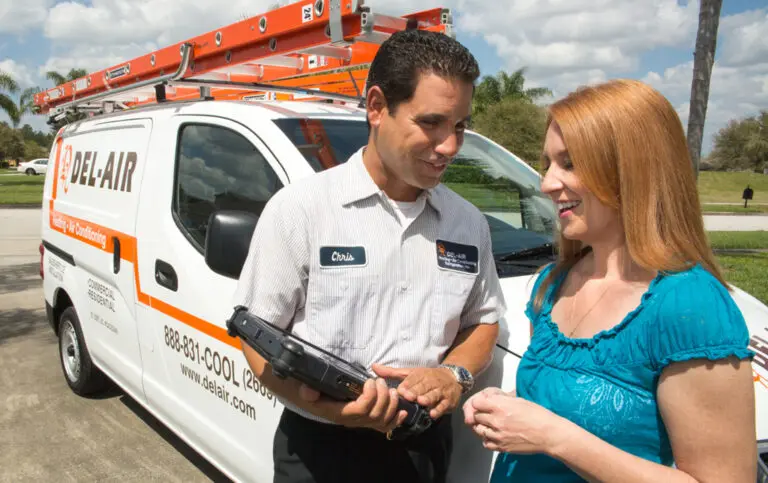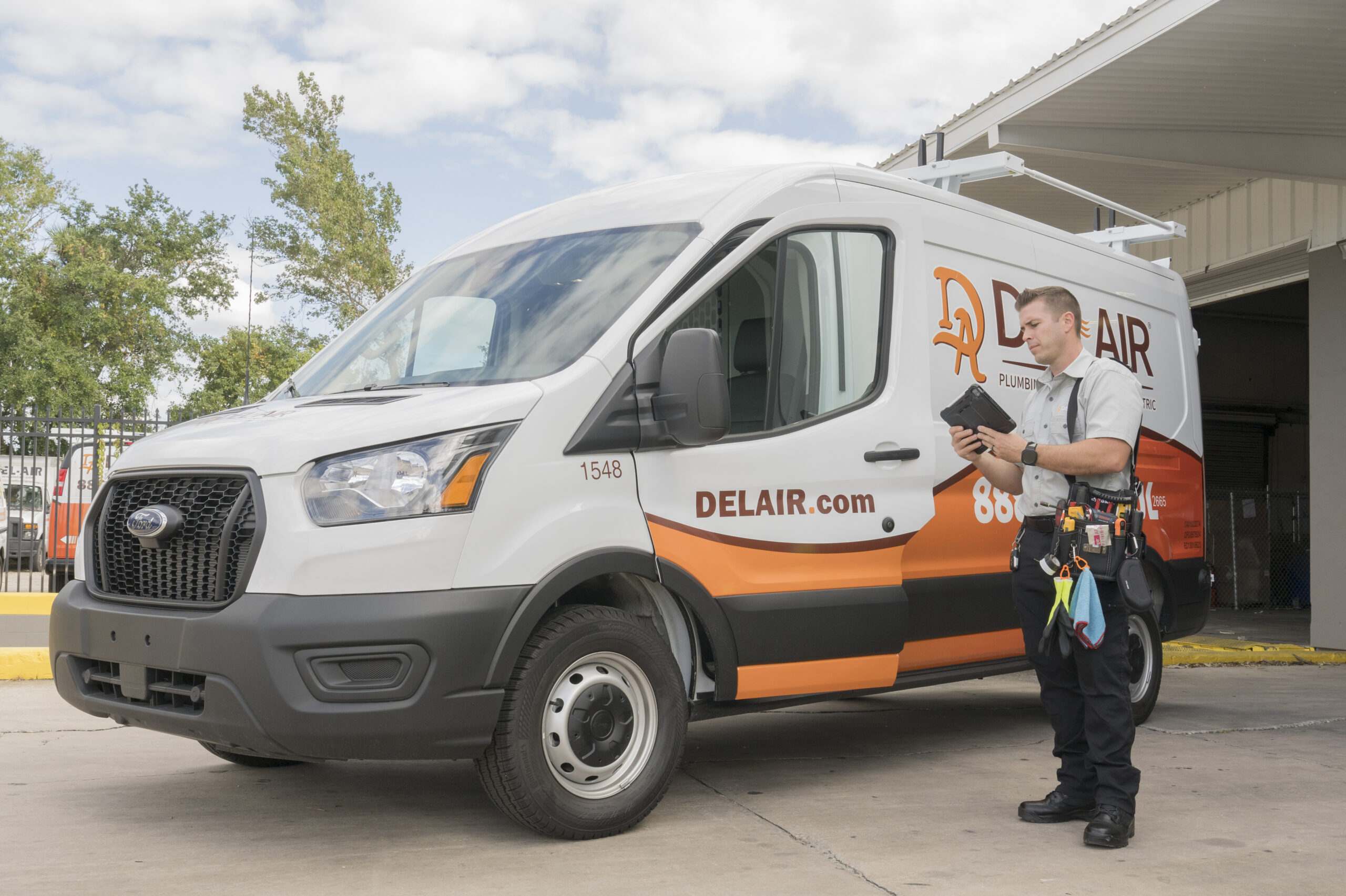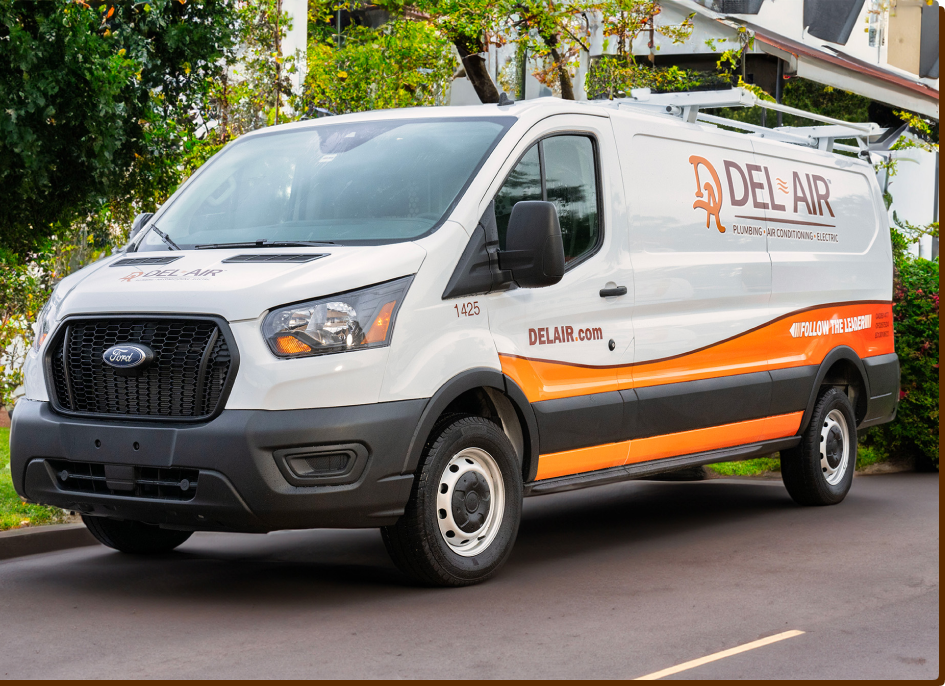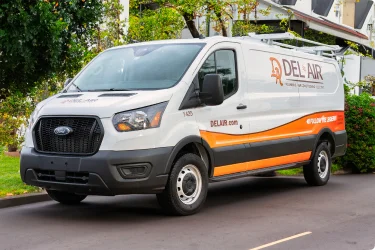
Regular maintenance can do a great deal to extend the life of your Tampa AC unit. However, at some point, it may become necessary to replace an aging system with a newer and more up-to-date model. As Florida’s top dealer for Carrier, Trane, Lennox, and other brand names, Del-Air can help you determine if it’s time for a new air conditioner. They’ll also assist you in choosing the best model to meet your individual needs. If you’re on the fence as to whether it’s time to replace your air conditioning unit, examine the unit’s age, it’s efficiency, and its repair rate–it should help you to see things in perspective.
Older System
Have you had your air conditioning system for more than 10 years? If so, you might want to think about replacing your unit with a newer model. Because older Tampa AC units tend to be less efficient, they often cost you more money in the long run. Installing a new Energy Star-rated system can help reduce monthly bills while ensuring your home stays cool all through the year.
Uneven Heating and Cooling
Does your home have hot and cold spots? Uneven cooling can be a sign that your system is no longer functioning at top capacity. Due to their larger size, older AC units have odd cycling habits, causing hot and cold patches throughout the house. Because poor temperature control can also be caused by duct problems, it’s important to call in a specialist immediately if you experience this issue.
Too Many Repair Calls
Frequent breakdowns are one of the most obvious signs that you need a new AC unit. While many homeowners let the price of a new unit dissuade them, the truth is that regular repairs can wind up costing you more in the long run. If you’ve had technicians visit your home more than once this past year, it may be time to bite the bullet and buy a new system.
Contact Del-Air for Expert AC Service
If your unit is displaying one of these signs, then it may be time to call a Del-Air technician for a consultation. Air conditioner replacement can be costly, and it’s important that you find a company you can count on to install your new unit correctly the first time. Rated number one for service, Del-Air can handle all of your Tampa AC repair and replacement needs. Schedule an appointment today and experience the Del-Air difference for yourself.
If you or someone you know is dealing with one of these problems, share this post. Start a conversation with others and see what systems they currently have installed in their home and what they think of them. A personal recommendation could help you narrow down the decision as to what brand of AC unit you decide to purchase.


